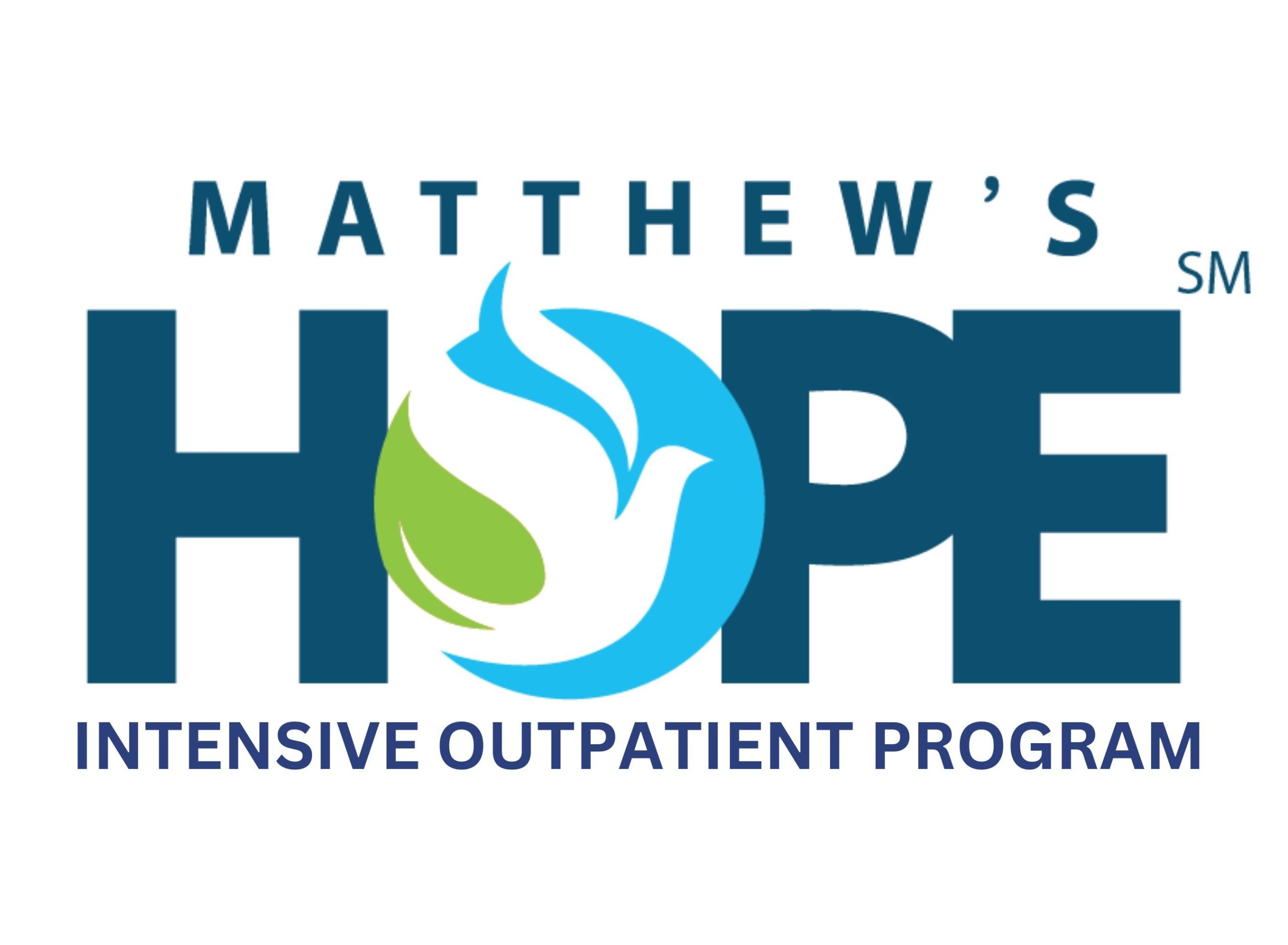While quitting alcohol or drugs is a reason to rejoice, physical sobriety is simply a single step. The only way you can remain sober is through emotional sobriety. Through this kind of sobriety, you change the emotional and mental processes connected to your substance use habits.
What is Emotional Sobriety?
When you have an addiction, it involves more than drinking too much or using drugs. Instead, addiction involves a range of physical, emotional, intellectual, and spiritual habits. To remain sober, you must address the underlying causes of your addiction and how it has changed you.
Back in 1952, Alcoholics Anonymous (AA) co-founder Bill Wilson coined the idea of emotional sobriety in a letter he wrote to the Grapevine newsletter. He talked about his dependence on other people and situations for prestige and other emotional support. When he originally became sober, he continued to rely on outside influences for these emotional needs.
Ultimately, Wilson realized he hadn’t genuinely achieved emotional sobriety if he didn’t address these emotional needs on his own. Instead, he was simply someone with substance use disorder who quit using. The disorder, as well as all the problems connected to it, still remained.
Emotional sobriety can’t truly begin until you’ve learned how to let go of jealousy and resentment. Strong emotions shouldn’t trigger a need to drink. Additionally, you shouldn’t feel like your emotions are strongly influencing your decisions in life.
What Happens Without Emotional Sobriety?
If you haven’t achieved emotional sobriety, it’s known as being a dry drunk. You’ve physically become sober, but you haven’t done the work yet to achieve true change. If you don’t put in the work, your feelings and emotions will continue to control you.
Even when you have achieved emotional sobriety, certain triggers can threaten it. Feelings of superiority, impulsive neediness, and intolerance can all trigger drinking or drug use.
How to Achieve Emotional Sobriety?
To become emotionally sober, you need to recognize and accept your emotions. This can be achieved through different activities, such as working with a therapist, journaling, and learning how your diet, exercise, and sleep habits can impact your well-being.
It’s also important to build honest and strong relationships with the people you care about most. Additionally, finding new hobbies and activities that help to relieve stress, practicing mindfulness, and exploring spirituality are all part of the journey to emotional sobriety.
You know you’re approaching emotional sobriety if you’ve experienced some of the following things.
- You can let go without feeling jealous or resentful.
- Strong emotions don’t make you want to drink.
- Social pressure doesn’t cause you to ignore your own beliefs and values.
- Your relationships aren’t influenced by a need to always be right.
- Your emotions don’t determine your decisions.
- You can enjoy your new sober lifestyle.
- You aren’t controlled by what others think or say.
- You no longer try to deceive people and are more honest.
- You feel pleasure in helping others.
The Awakening
The awakening occurs when you realize you’ve been dependent on others for security, prestige, and other emotions. Then, you realize how this has impacted your substance use and fueled your addiction. You can’t accept yourself as you are and surrender yourself to a higher power until you’re free of these false dependencies.
How to Avoid a Relapse
Even when you’ve experienced an awakening and emotional sobriety, a relapse can still occur. To avoid a relapse, you must recognize relapse triggers and talk about them with a therapist or support group. If you can’t talk to someone in person, find someone online to talk to.
When you are at risk of a relapse, return to the Path. It’s important to always remember that no one is perfect, and the best thing we can hope for is progress.
When to Rejoice
When you are willing to forgive and be forgiven, it’s time to rejoice in your recovery. You can also rejoice if you experience fewer approval-seeking behaviors, can have the ability to apologize, or have fewer expectations of others.
Get Help for Your Addiction
If you or a loved one is dealing with addiction, help is available at Matthew’s Hope Detox and Recovery. To learn more about our detox and recovery program, call or email us today. We’re here for your support.



